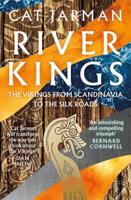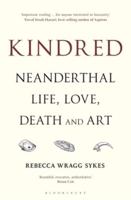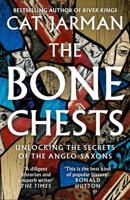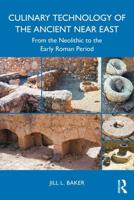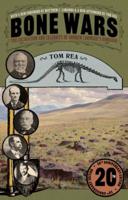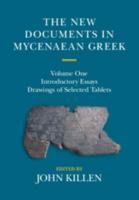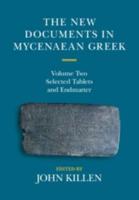Publisher's Synopsis
Ian Hodder's campaigns of excavation at the world-famous Neolithic settlement of Çatalhöyuek are one of the largest, most complex, and most exciting archaeological field projects in the world and recognized as agenda-setting not only in terms of our understanding of early farming communities in the Near East, particularly the central role religion played in their daily lives, but also in terms of the interaction between theory and practice in the trenches and on-site laboratories. This volume presents the results of excavation in three areas of the site, known as South, North, and KOPAL, excavated between 1995 and 1999. The book describes aspects of the excavation, recording and sampling methodologies that are necessary for an understanding of the results presented plus it incorporates interpretive discussion. It brings in data from the study of animal bones, lithics, ceramics, micromorphology and the full suite of analyses conducted on the material. These accounts are interspersed with individual specialists' commentaries and conclusions, that mimic the process of collaborative interpretation that takes place during excavation and post-excavation. The 'objective descriptions' of the archaeology are thus exposed as interpretations involving a balancing of a variety of different types of data and scholarly input. Another thought-provoking volume in the Çatalhöyuek excavation series which will be read with profit by any archaeologist engaged in working at theory in practice in the field.

